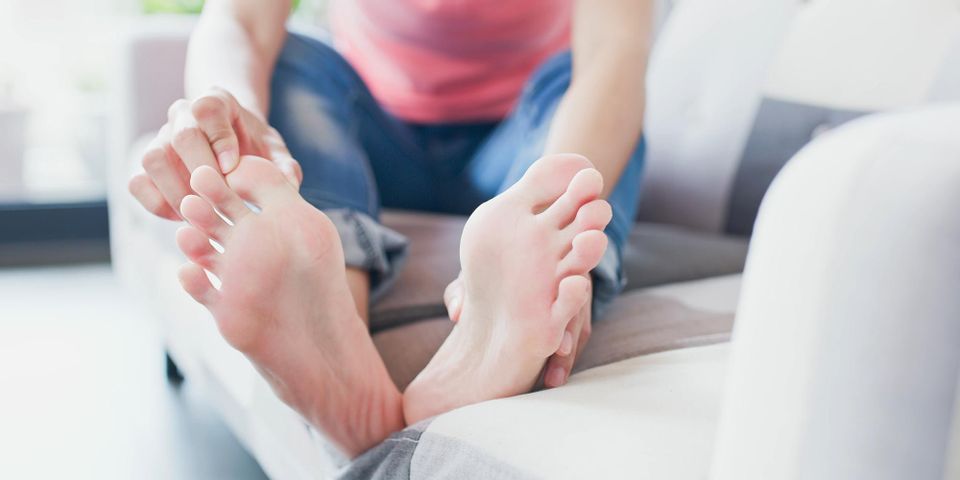
Most people know diabetes impacts their ability to regulate their blood sugar levels. What you may not know, however, is that this condition also impacts your foot care routine. The following guide highlights what you need to know about the connection between diabetes and your feet, so you can maintain optimum health.
How Does Diabetes Affect the Feet?
Diabetes impacts the feet in two primary ways: by damaging the blood vessels, also known as diabetic neuropathy, or by causing nerve damage or peripheral vascular disease. With both conditions, you may experience decreased blood flow to your extremities.
What Are Some Symptoms to Be Aware of?
 With both diabetic neuropathy and peripheral vascular disease, you're likely to experience a lack of sensation in the feet and toes over time. This can cause tingling, numbness, swelling, pain or tenderness, unexpected blisters or sores, wounds that don’t heal properly or take a long time to heal, as well as discoloration in the heel, soles of the feet, or toes.
With both diabetic neuropathy and peripheral vascular disease, you're likely to experience a lack of sensation in the feet and toes over time. This can cause tingling, numbness, swelling, pain or tenderness, unexpected blisters or sores, wounds that don’t heal properly or take a long time to heal, as well as discoloration in the heel, soles of the feet, or toes.
How Can Proper Foot Care Help?
The key to preventing permanent damage or infections in the feet is proper maintenance and awareness. First, check your feet every day to ensure wounds aren’t developing without you noticing. If you do find a cut or blister, keep it clean and dry. Next, opt for shoes that fit properly and don’t put excess strain on the toes, heels, or the pads of the feet. Finally, stretch and exercise regularly to increase blood flow and circulation to the lower half of your body.
If you need help managing your diabetes and its impact on your podiatric health, talk to the professionals at Aquilar Foot Care Clinic. Based in Russellville, AR, these doctors are proud to offer a broad range of services in a state-of-the-art facility to ensure optimum health and well-being for all their patients. Visit their website to learn more about what they do, and call (479) 890-3668 to schedule an appointment today.
About the Business
Have a question? Ask the experts!
Send your question

